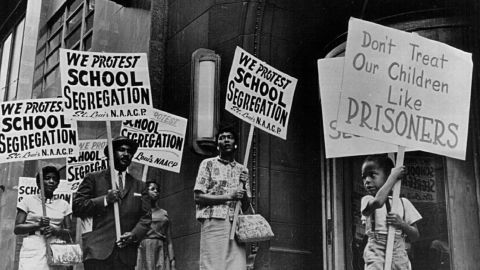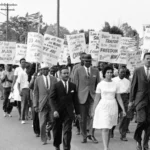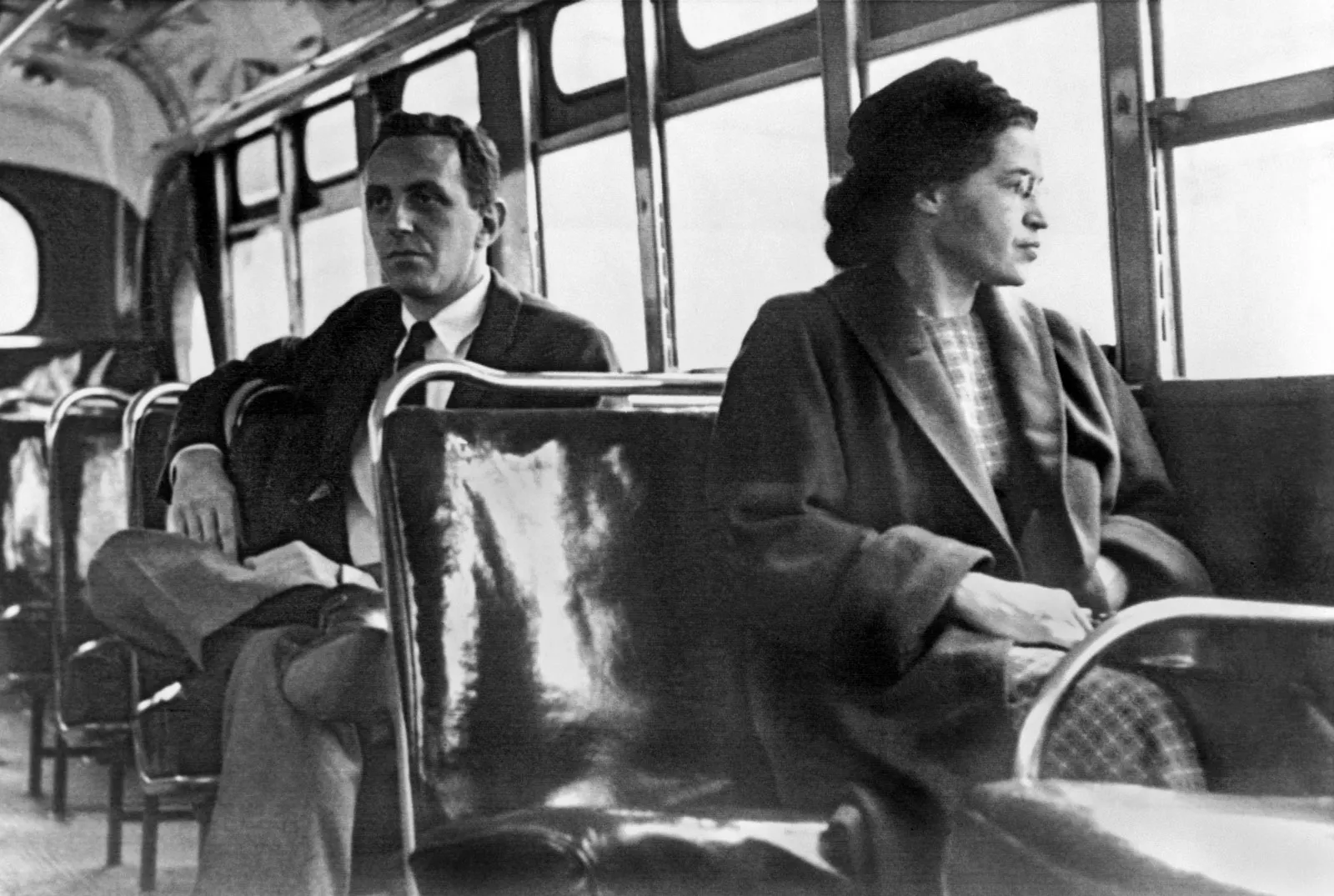The Civil Rights Movement, a transformative period in American history, challenged deeply rooted racial inequalities and reshaped the nation’s trajectory towards justice and equality. Delving into the annals of this historic movement, we unravel the top 15 facts that illuminate its significance and enduring impact.
1. Brown v. Board of Education: A Watershed Moment (1954):
- The Supreme Court’s landmark decision declared state laws establishing separate public schools for black and white students unconstitutional, marking the beginning of the end for legal segregation in education.
2. Rosa Parks and the Montgomery Bus Boycott (1955-1956):
- Rosa Parks’ refusal to give up her bus seat in Montgomery, Alabama, sparked a 381-day boycott, illustrating the power of nonviolent protest and launching Martin Luther King Jr. into national prominence.
3. Martin Luther King Jr.’s “I Have a Dream” Speech (1963):
- MLK’s iconic speech, delivered during the March on Washington, became a defining moment, articulating the dream of racial equality and justice for all.
4. Civil Rights Act of 1964: Sweeping Legislative Reform:
- The Civil Rights Act of 1964 outlawed discrimination based on race, color, religion, sex, or national origin, fundamentally altering the legal landscape and dismantling systemic segregation.
5. Voting Rights Act of 1965: Empowering the African American Vote:
- This pivotal legislation eliminated discriminatory voting practices, particularly in the South, ensuring African Americans’ right to vote.
6. Selma to Montgomery March (1965): Bloody Sunday:
- The march for voting rights turned violent as peaceful demonstrators were brutally attacked on the Edmund Pettus Bridge in Selma, Alabama, drawing national attention and leading to the eventual passage of the Voting Rights Act.
7. Malcolm X and the Call for Black Empowerment (1960s):
- While advocating for black pride and self-defense, Malcolm X presented an alternative narrative within the movement, emphasizing economic empowerment and self-sufficiency.
8. Freedom Summer (1964): Voter Registration Drive:
- Organized by civil rights groups, including the Student Nonviolent Coordinating Committee (SNCC), Freedom Summer aimed to register African American voters in the deeply segregated South.
9. Birmingham Campaign and Children’s Crusade (1963): Shocking Images:
- Led by MLK, the campaign in Birmingham saw the use of nonviolent direct action, resulting in shocking images of police brutality against children participating in protests.
10. Civil Rights Movement and Popular Culture: Impact on Music:
- The movement’s influence extended to the realm of music, with artists like Sam Cooke, Bob Dylan, and Nina Simone creating anthems that captured the spirit of the struggle.
11. Black Panthers: Advocacy and Controversy (1966):
- The Black Panther Party, founded by Huey Newton and Bobby Seale, advocated for self-defense and community empowerment, sparking both admiration and controversy.
12. Fair Housing Act (1968): Addressing Housing Discrimination:
- The Fair Housing Act aimed to combat housing discrimination, prohibiting discrimination in the sale, rental, and financing of housing based on race, religion, or national origin.
13. Bloody Sunday: Edmund Pettus Bridge Confrontation (1965):
- The violent clash between protesters and state troopers on Bloody Sunday highlighted the brutal opposition faced by those fighting for voting rights in Selma.
14. Greensboro Sit-Ins (1960): Igniting a Wave of Protest:
- Four African American students initiated a sit-in at a segregated Woolworth’s lunch counter in Greensboro, North Carolina, sparking a wave of similar protests across the nation.
15. Legacy of the Civil Rights Movement: Ongoing Struggles and Triumphs:
- The movement’s legacy endures, influencing subsequent struggles for justice and equality, while acknowledging the ongoing challenges of systemic racism and inequality.
Conclusion:
These 15 facts encapsulate the depth and impact of the Civil Rights Movement, a chapter in history that challenged the status quo and paved the way for a more inclusive and just society. As we reflect on these key moments, we recognize the resilience, courage, and determination of those who stood against injustice, leaving an indelible mark on the American story.





